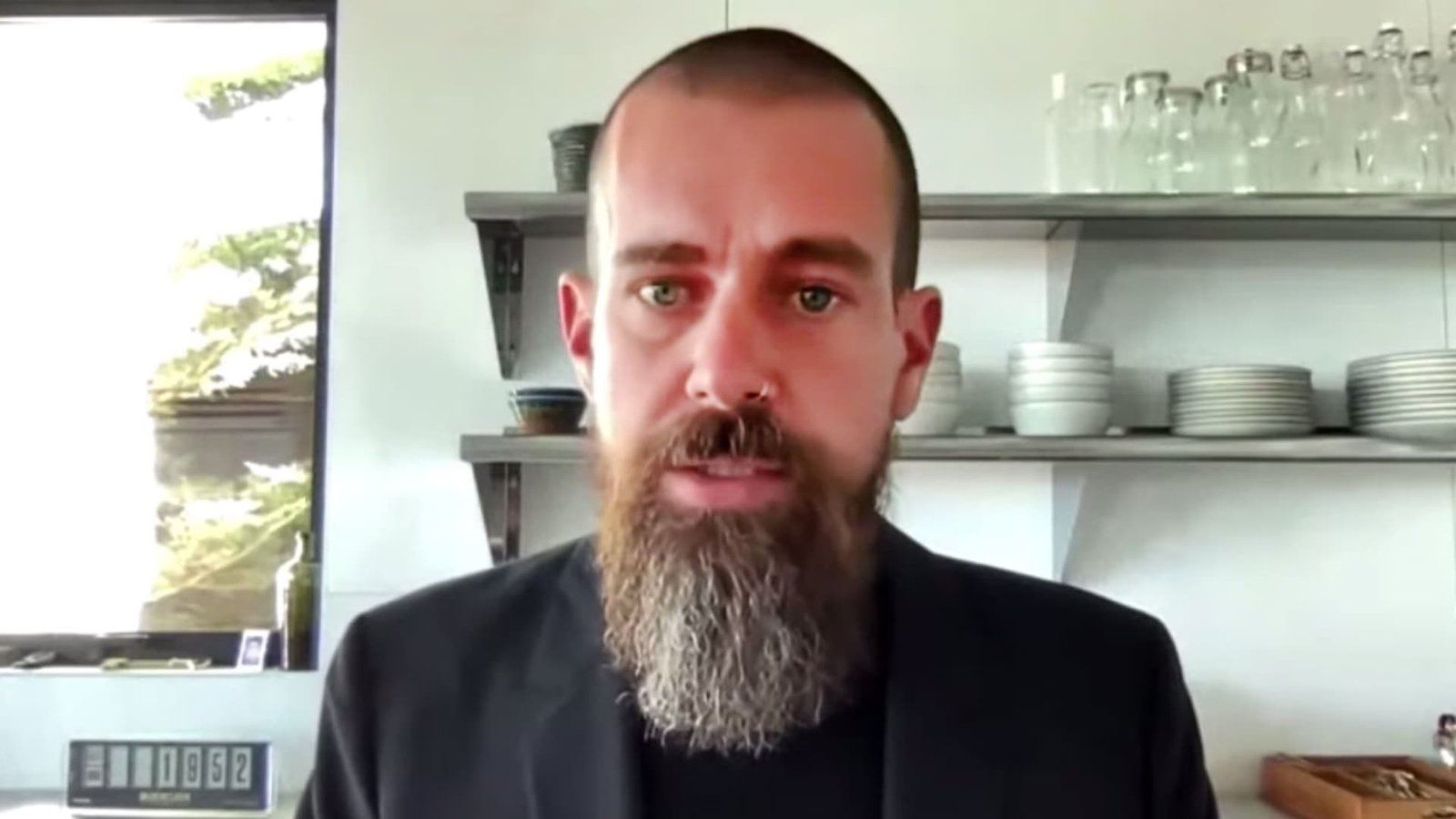An engineer working on computer.
Master | Moment | Getty Images
The tech industry is reeling after a software engineer was exposed as working at several Silicon Valley startups at the same time — and experts say it’s a lesson on hustle culture gone too far.
Soham Parekh, a software engineer from Mumbai, went viral on social media after being accused by Playground AI founder Suhail Doshi on X of working at a number of startups simultaneously.
Doshi wrote: “There’s a guy named Soham Parekh (in India) who works at 3-4 startups at the same time. He’s been preying on YC [Y Combinator] companies and more. Beware. I fired this guy in his first week and told him to stop lying / scamming people. He hasn’t stopped a year later. No more excuses.”
The post racked up 25,000 likes with more founders coming forward about hiring Parekh, including AI startup Lindy, which fired him after seeing Doshi’s post. Soham Parekh did not respond to CNBC Make It’s request for an interview.
Matthew Parkhurst, founder of software startup Antimetal, said Parekh was the company’s first engineering hire in 2022 and was smart and likable. “We realized pretty quickly that he was working at multiple companies and let him go,” Parkhurst said on X.
Other founders like Haz Hubble, the co-founder of social media scheduler Pally, also came forward about offering Parekh a founding engineer role.
Doshi confirmed to CNBC Make It via email that Parekh worked at the company. “We realized he was working multiple jobs shortly after he joined, based on constant large fluctuations in his availability and the quality of his output. He also attended an off-site, where it became pretty clear,” Doshi said.
Lindy, Antimetal, and Pally did not immediately respond to CNBC’s request for comment.
In an interview on tech show TBPN on Thursday, Parekh admitted that it was true he was working for multiple startups at once and wasn’t proud of what he had done.
“No one really likes to work 140 hours a week, but I had to do this out of necessity,” Parekh said in the show. “I was in extremely dire financial circumstances.”
Parekh said he only started doing this in 2022, and the grueling lifestyle meant he became a “serial non-sleeper.”
He added that he “cared about these companies” and “greed wasn’t an incentive,” despite his financial situation. He said he always took the lower pay, higher equity offer at companies.
The tech community on social media is divided, however, with some questioning the ethics of secretly working multiple jobs, while others wonder how Parekh pulled it off.
covertly working multiple jobs in recent years in an effort to shield themselves from mass layoffs and job market uncertainty.
A subreddit called “r/overemployed” was created in 2021, with users sharing advice on how they manage to balance multiple jobs without being detected.
“During the peak of Covid, there was this rush from tech companies to fire talent, and there was this intense competition for talent,” Alexandru Voica, head of corporate affairs and policy at AI company Synthesia, told CNBC Make It in an interview.
“It caused, in some cases, this type of behavior to be more widespread than it was during non-pandemic times.”
Voica noted that the rise of remote work was instrumental in enabling this behavior amongst tech workers. “That led to obviously incredible benefits for hard-working people, but also allowed people who have maybe this type of attitude to, all of a sudden, get jobs that they wouldn’t have before.”
Having at least two jobs is also common within India’s IT sector. There was a 25-30% increase in moonlighting seen between 2020 and 2023, according to Randstad India, with workers citing factors such as low pay and remote work.



